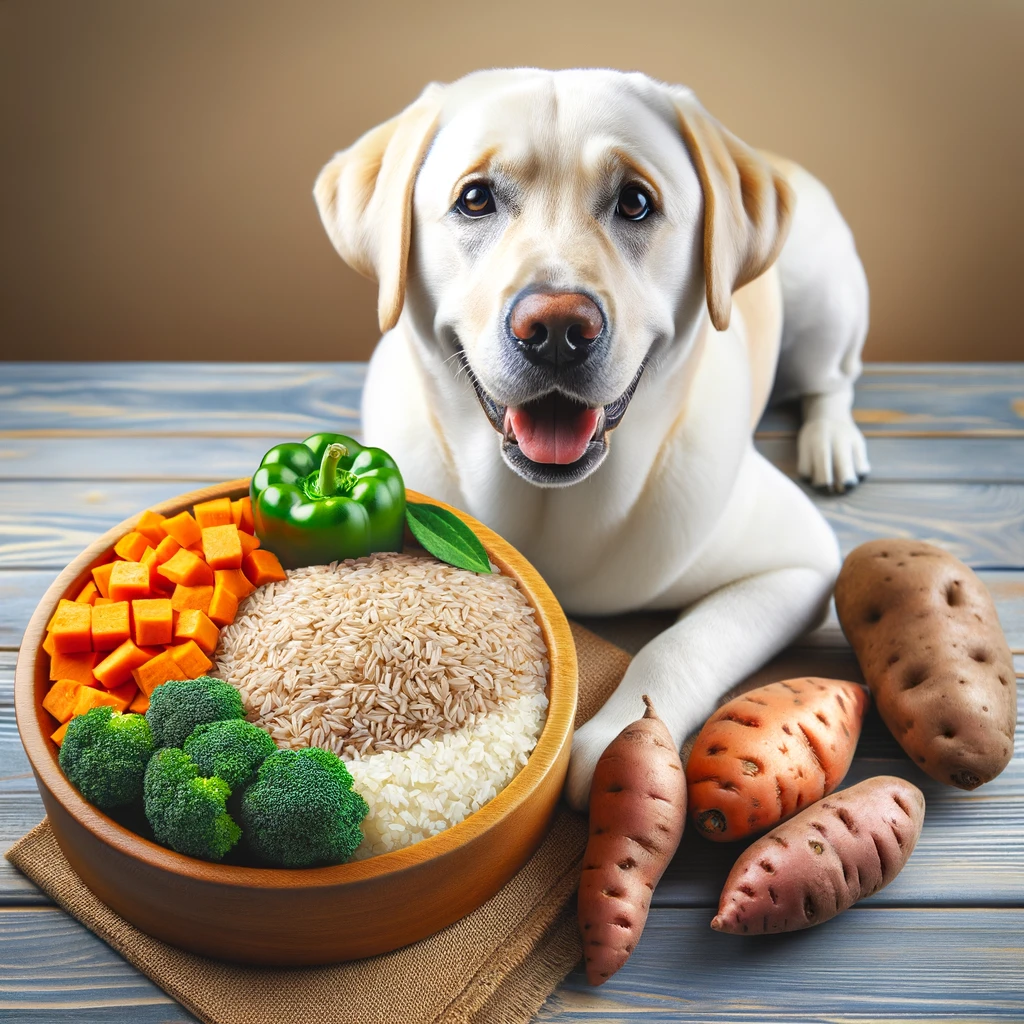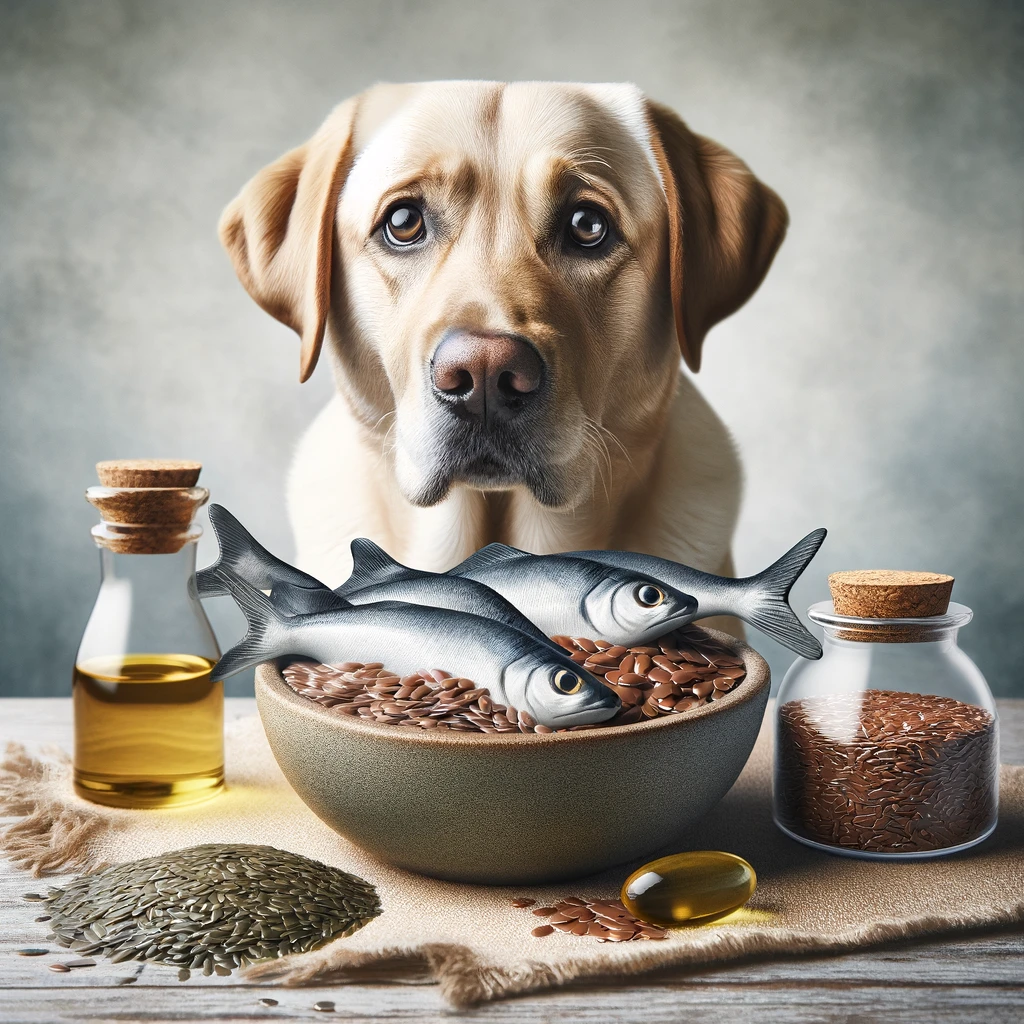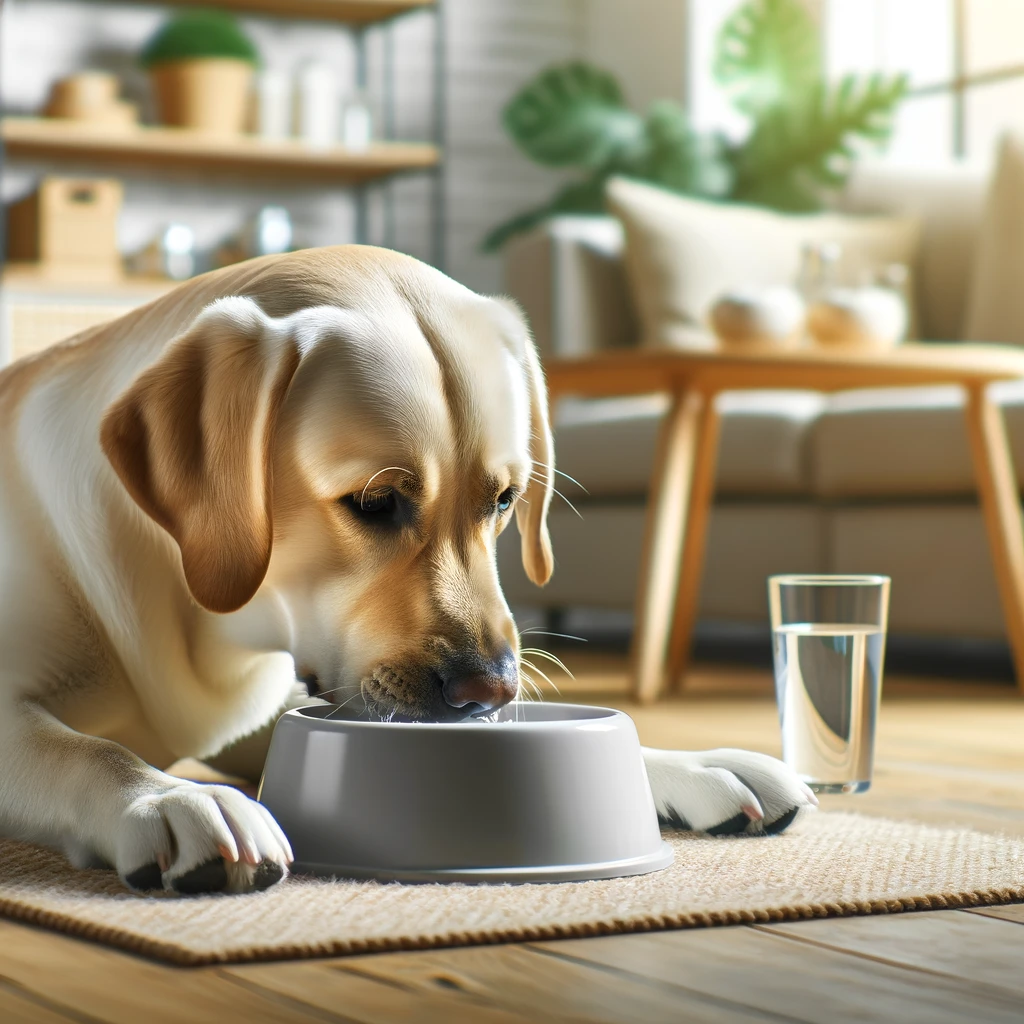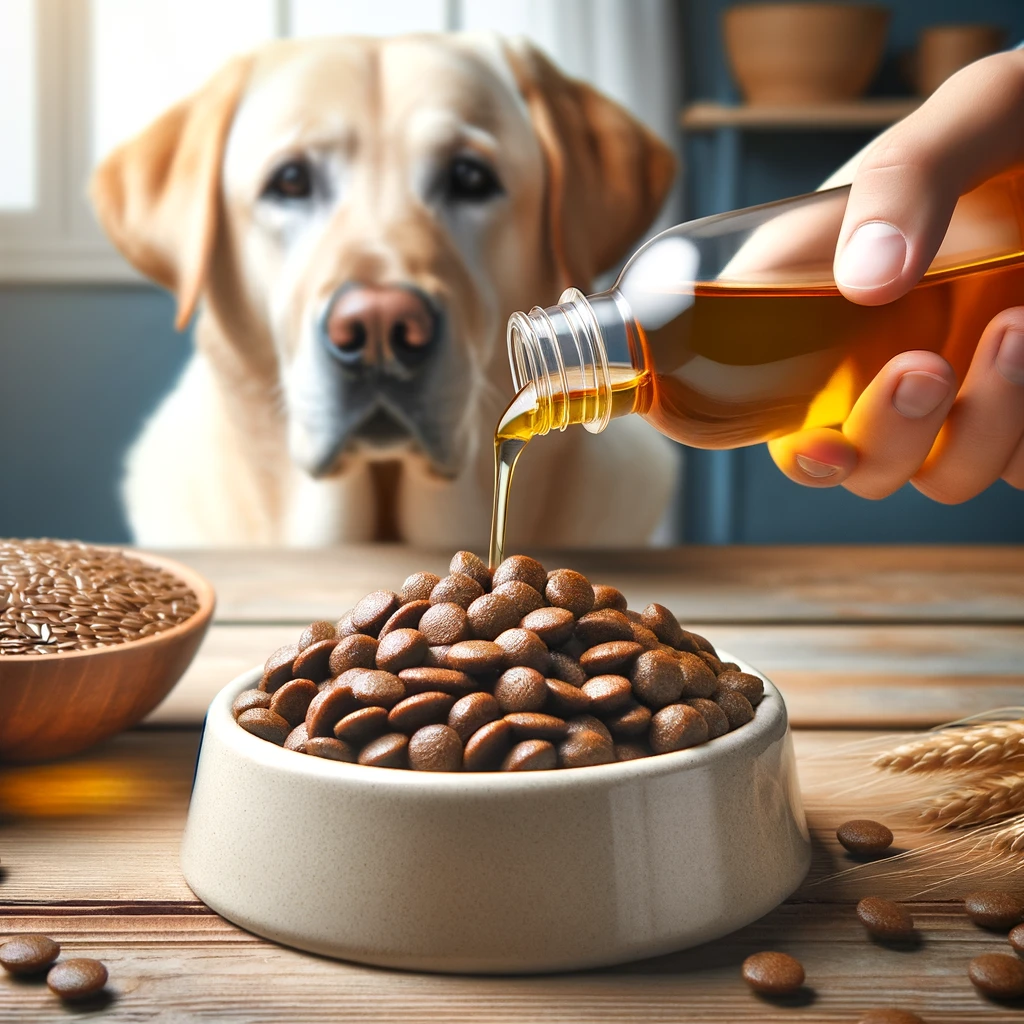Hello, fellow Labrador lovers!
Today, we’re embarking on a delicious and nutritious journey into the world of Labrador diets.What Is the Best Diet for a Labrador Retriever?
Labradors are known for their voracious appetites and, unfortunately, their tendency to become overweight.
Finding the right balance in their diet is crucial for their health, happiness, and longevity.
Let’s dive into the essentials of a Labrador Retriever’s diet, one tasty bite at a time! 🌟

Here’s a table summarizing the key dietary recommendations for Labrador Retrievers, as outlined in the blog post:
| H2 Heading | Key Recommendations |
|---|---|
| 🥩 Understanding a Labrador’s Nutritional Needs | Balanced diet with proteins, fats, carbohydrates, vitamins, and minerals. Protein is crucial for muscle development. |
| 🍖 Protein Power | Diet should consist of at least 18% protein for adults, 22% for puppies. Prefer whole animal proteins. |
| 🌾 Carbohydrates and Fiber | Include complex carbohydrates and fiber for energy and digestive health. Opt for brown rice, vegetables, and fruits. |
| 🐟 Fats Are Friends | Include good fats like fish oil and flaxseed. Aim for a balanced omega-6 to omega-3 fatty acid ratio. |
| 🥦 Vitamins and Minerals | Ensure a mix of vitamins and minerals for immune and bone health. Calcium and phosphorus are important. |
| 💧 Hydration Is Key | Always provide access to fresh, clean water for hydration. |
| 🐕 Puppy vs. Adult Diet | Puppies need calorie-rich food. Switch to adult food around 12 to 18 months. |
| 🍲 Wet Food vs. Dry Food | Choice depends on preferences and health needs. Combination can offer benefits. |
| 🥄 Portion Control | Monitor portion sizes to prevent obesity. Consult vet for specific amounts. |
| 🍪 Treats and Snacks | Give treats in moderation, accounting for no more than 10% of daily calorie intake. Choose healthy options. |
| 🚫 Foods to Avoid | Avoid chocolate, grapes, onions, and xylitol. Check if human food is safe before sharing. |
| 📊 Consulting a Veterinarian | Consult for personalized dietary recommendations based on specific health needs. |
| 🏋️♂️ Diet and Exercise | Balance diet with regular physical activity. Diet should support energy needs. |
| 🍜 Special Diets for Health Issues | Specialized diets may be required for allergies, sensitivities, or medical conditions. Consult a vet. |
| 📚 Conclusion: Feeding Your Furry Friend | Tailor guidelines to suit individual needs. Balance of nutrients and portion control is key to a healthy Labrador diet. |
This table provides a concise overview of the dietary needs and recommendations for Labrador Retrievers, highlighting the importance of a balanced and tailored approach to their nutrition.
🥩 Understanding a Labrador’s Nutritional Needs
Labradors are energetic dogs that require a balanced diet rich in proteins, fats, carbohydrates, vitamins, and minerals.
Protein is the cornerstone of a healthy Labrador diet, supporting muscle development and maintenance.
High-quality animal proteins like chicken, beef, and fish should be at the top of their menu.
Remember, the quality of the protein matters as much as the quantity.
🍖 Protein Power
The ideal diet for a Labrador should consist of at least 18% protein for adults and 22% for puppies, according to AAFCO guidelines.
This protein should come from whole, recognizable sources such as deboned chicken, turkey, or fish.
Labradors thrive on meat-based diets that provide ample energy for their daily activities.

🌾 Carbohydrates and Fiber
While not as crucial as protein, carbs provide Labradors with the energy they need to stay active and playful.
Whole grains, vegetables, and fruits can offer not just energy but essential nutrients and fiber for digestive health.
Opt for complex carbohydrates like brown rice and sweet potatoes to keep your Lab full and satisfied.
🐟 Fats Are Friends
Fats are a crucial part of a Labrador’s diet, providing energy, supporting cell function, and promoting a healthy coat and skin.
Sources of good fats include fish oil and flaxseed, rich in omega-3 fatty acids.
Aim for a diet with a balanced omega-6 to omega-3 fatty acid ratio to combat inflammation and ensure overall health.

🥦 Vitamins and Minerals
A balanced diet for a Labrador should include the right mix of vitamins and minerals to support their immune system and bone health.
Fruits, vegetables, and specifically formulated dog foods can provide these essential nutrients.
Calcium and phosphorus are particularly important for maintaining strong bones and teeth.

💧 Hydration Is Key
Always ensure your Labrador has access to fresh, clean water.
Hydration plays a vital role in their overall health, aiding digestion, and nutrient absorption, and keeping the kidneys healthy.

🐕 Puppy vs. Adult Diet
Puppies have different nutritional needs from adult Labradors.
Puppy food should be rich in calories and nutrients to support their rapid growth and development.
Switching to adult food should happen around 12 to 18 months of age, depending on your Labrador’s growth and health.
🍲 Wet Food vs. Dry Food
The choice between wet and dry food depends on your Labrador’s preferences and health needs.
Dry food can help maintain dental health, while wet food may be more palatable and easier to digest for some dogs.
A combination of both can provide a balance of benefits.

🥄 Portion Control
Labradors are notorious for overeating if given the chance.
Monitoring portion sizes and feeding times is crucial to prevent obesity.
Consult your vet to determine the right amount based on your Lab’s age, size, and activity level.
🍪 Treats and Snacks
Treats should be given in moderation and account for no more than 10% of your Labrador’s daily calorie intake.
Opt for healthy options like carrots, apples, or specially formulated dog treats.
🚫 Foods to Avoid
Certain foods are toxic to dogs and should be avoided, including chocolate, grapes, onions, and xylitol (a common sweetener).
Always check if a human food is safe before sharing it with your Lab.

📊 Consulting a Veterinarian
Your vet can provide personalized dietary recommendations based on your Labrador’s specific health needs, weight, and lifestyle.
A tailored diet plan can address any health concerns and promote optimal well-being.
🏋️♂️ Diet and Exercise
A balanced diet goes hand in hand with regular exercise.
Labradors need plenty of physical activity to stay healthy, and their diet should support their energy needs.
🍜 Special Diets for Health Issues
Labradors with health issues like allergies, sensitivities, or specific medical conditions may require specialized diets.
Your veterinarian can recommend prescription diets or supplements to address these needs.
📚 Conclusion: What Is the Best Diet for a Labrador Retriever?
Finding the best diet for your Labrador Retriever is a journey of love, care, and a bit of science.
With the right balance of nutrients, portion control, and a dash of culinary adventure, you can ensure your Lab enjoys a happy, healthy life by your side.
For more information on dog nutrition and health, reputable sources include The American Kennel Club and PetMD.
Happy feeding! 🐕💕
This blog post aims to guide you through the essentials of crafting the perfect diet for your Labrador Retriever, ensuring they receive the nutrition they need to thrive. Remember, each dog is unique, so it’s important to tailor these guidelines to suit your furry friend’s individual needs.
